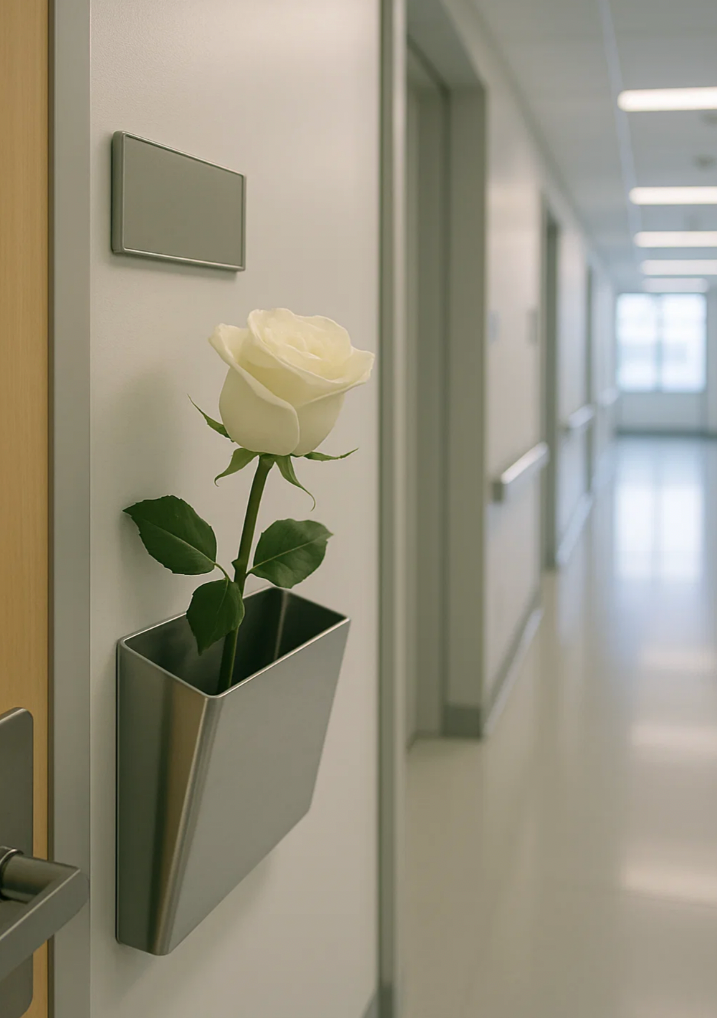
Michael Sherwood
•
October 5, 2025
A personal essay that explores how easily the purpose behind pursuing medicine can fade amid the exhaustion and pressures of training.

What I’m about to share is a personal reflection, something I hope others can learn from or draw inspiration from. Maybe you’re writing your personal statement, working through secondaries, or just spamming Anki cards while wondering why you’re even doing this. I’ve been there.
This reflection started while helping a friend polish their personal statement and another prepare for interviews. That process always makes me reflect on my own answers.
Recently, I was working with a resident close to graduation. We were joking about how benign or dangerous a chief complaint like abdominal pain could be, depending on the pile of questions and associated symptoms we’re trained to ask. As he put in orders, I turned to him and asked, “So why medicine?”
He paused, smiled, and said, “You know what? I don’t actually even know anymore. I think I had a really good reason at one point, but I don’t know what it was anymore.” Then he laughed.
And it hit me hard.
I’ve had that same creeping fear: that one day I’ll be so overwhelmed with life, tests, expectations, burnout, and the pressure to be “enough” that I’ll lose hold of the moments that once anchored me. That I’ll forget why I started.
So I’m writing this now, while I still remember.
When people ask how I got into medicine, I never know where to begin. Maybe it was the neglect my sister and I experienced growing up, just hoping someone, anyone, would be there for us. Maybe it was something quieter: a thousand little moments while working as a medical assistant, researcher, or volunteer.
But there’s one memory I never want to forget: the first time I wasn’t just a patient or a shadow in the background, but someone who could give something to someone else.
She had a smile that made you feel like a child again: safe, warm, and loved. Like the presence of someone who would never let you fall. Let’s call her Penny.
I was a high school volunteer when we met. I saw her almost every day. I didn’t fully understand her diagnosis, leukemia, but I didn’t need to. I knew she was hurting. I knew she kept coming back to the hospital. And I knew that our time together, however simple or quiet, mattered.
One day, she asked me to stay. She cried and held my hand and told me how meaningful our visits were to her. That even if I didn’t understand her illness, I had made her feel human again. I didn’t know what to say. I just cried with her. That was the last time we spoke.
The next day, when I returned, a white rose hung on her door.
I never went in. I still regret that. But I remember standing in the hallway, sobbing before I even checked the name on the door, because deep down, I already knew.
That moment will always live with me—not as a trauma, but as a turning point. Penny taught me that presence, just being there, can heal something medicine can’t always reach. She made me realize that connection isn’t a luxury in healthcare; it’s part of the cure.
So if you’re reading this and wondering why you’re still pushing through exhaustion, doubt, debt, and stress, maybe this is your reminder: you’ve already made someone feel safe. You’ve already mattered. But medicine is quiet about these things. It won’t always place a white rose at the door or whisper, “This was important.” Still, you were. And you are.

As an aside, if you’ve read this far, thank you.
Thank you for taking the time to remember with me. I hope it reminded you of someone who once made you stop and reflect.
If that memory was buried away and painful to touch, I just want to say this:
What you felt, that deep emotional wave, it’s not weakness. It’s the weight of everything you’ve carried quietly for so long finally needing a breath. Sometimes, when we slow down enough to name those memories, to really remember someone like Penny, it opens a door we’ve been keeping shut just to keep going.
But here’s the thing: the fact that you did feel it means you haven’t gone numb. You haven’t let the grind of medical training shut out your humanity. You still care deeply. And that makes you not just a strong future physician, it makes you a rare one.